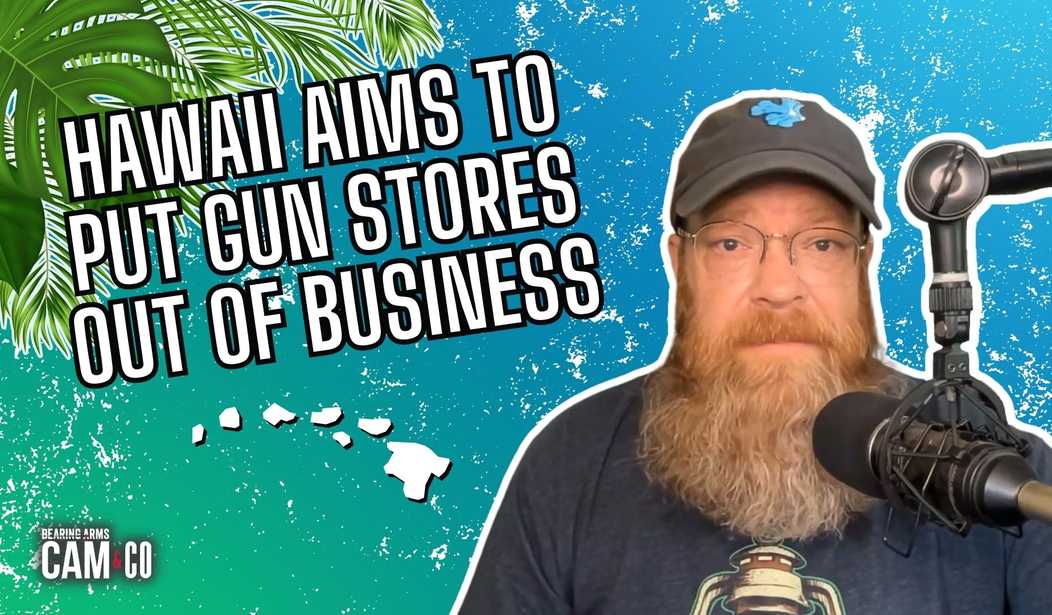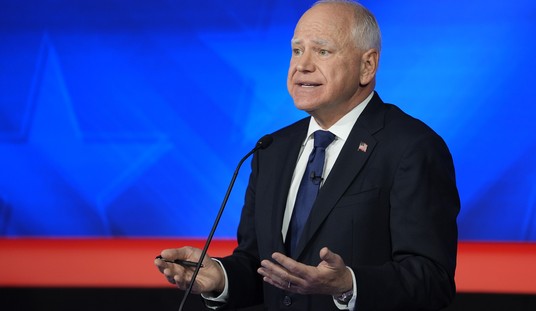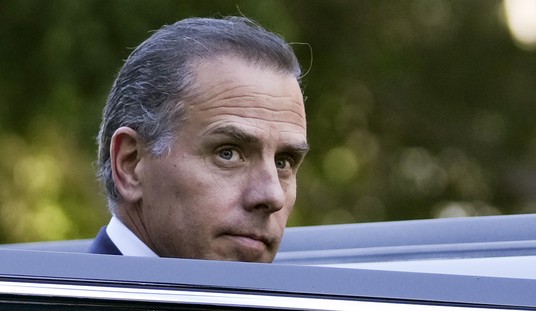Hawaii is the latest state to attempt an end run around the federal Protection of Lawful Commerce in Arms Act through a “public nuisance” law, which means it’s also the latest state to be sued over its language encouraging lawsuits against gun makers that seek to hold them financially responsible for the acts of violent criminals.
The new law was signed by Gov. Josh Green back in May, and it’s an absolute mess; prohibiting gun makers and firearms retailers from selling arms deemed “abnormally dangerous” by the state and requiring them to enforce an undefined and unenforceable set “reasonable controls” ostensibly meant to prevent criminals from accessing fireams.
Under the terms of the new statute, private citizens who claim they’ve been harmed by companies’ failure to comply can sue for damages, along with the Hawaii Attorney General and any anti-gun prosecutor in the state who wants to grab the spotlight by going after gun makers. On today’s Bearing Arms’ Cam & Co, the National Shooting Sports Foundation’s senior vice president and legal counsel Larry Keane joins me to talk about the rash of similar laws enacted in blue states, and why the gun prohibitionists are trotting out this tired tactic once again.
“Hawaii is attempting to subvert the will of Congress when the Protection of Lawful Commerce in Arms Act (PLCAA) was passed with a wide bipartisan majority in both the U.S. House of Representatives and the U.S. Senate and signed into law by President George W. Bush,” said Lawrence G. Keane, NSSF’s Senior Vice President and General Counsel. “Public nuisance laws like Hawaii’s are nothing short of an attempt to drive ‘legislation through litigation,’ which is exactly why Congress passed PLCAA in the first place. These laws are unconstitutional and an abuse of the legal system to force a political agenda outside the legislative channels.”
… Hawaii is attempting to resurrect the same sort of frivolous lawsuits that states and local governments attempted in the late 1990s and early 2000s, which led to Congress passing PLCAA. The PLCAA was signed into law because Congress knew antigun politicians were using the courts as an end-round to circumvent the lawmaking process. The irony was certain elected officials then – and now – oppose the PLCAA because it blocked their “attempt to circumvent the Legislative branch of government” and “would expand civil liability in a manner never contemplated by the framers of the Constitution.”
While the lawsuit in Hawaii is the most recent challenge to these public nuisance statutes, Keane tells Bearing Arms that the NSSF expects the Third Circuit Court of Appeals to be the first appellate court to weigh in. Oral arguments were held a couple of weeks ago in NSSF v. Platkin, with the state of New Jersey hoping to convince a three-judge panel to overturn an injunction granted by a U.S. District judge against the law’s enforcement. Anti-gun AGs in blue states have weighed in with support for New Jersey statute, while 19 Republican AGs have filed their own amicus brief with the Third Circuit arguing on the side of the NSSF.
It will likely be at least a month or so before the Third Circuit issues its decision, but in the meantime other cases including the new lawsuit in Hawaii will continue moving forward.. as will the lawsuits filed against gun makers that are based on these public nuisance laws.
Be sure to check out the entire conversation with Larry Keane in the video window below, which also touches on tomorrow’s Cam & Co topic: the horrific gun control bill known as HD 4420 introduced in Massachusetts; a bill that Keane describes as the worst he’s seen in more than 25 years in the industry. We’ll be talking with Jim Wallace of the Gun Owners Action League about the bill and the growing backlash on Tuesday’s program, but Keane has quite a bit to say about the flagrantly unconstitutional legislation as well.








Join the conversation as a VIP Member